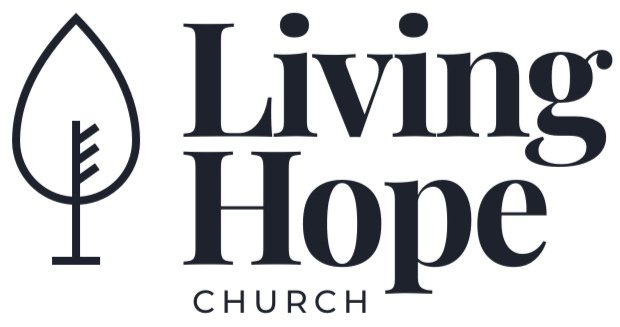We come to part of Job’s lengthy final speech. His three comforter’s are done. Bildad’s final speech was short and added little to nothing to the argument of the friends. As Job begins chapter 26 he is clearly not appreciative of the counsel of his friends and then he recounts the powerful deeds of God and ends this chapter with these words:
14 These are just the beginning of all that he does,
merely a whisper of his power.
Who, then, can comprehend the thunder of his power? i(NLT)
14 Behold, these are but the outskirts of his ways,
and how small a whisper do we hear of him!
But the thunder of his power who can understand? (ESV)
This reminds me of a song by Shane and Shane called “The Fringes” (which is a word used in the NIV of verse 14).
As we move into chapter 27 Job is holding fast to his integrity (vv. 5,6). However, he also comes dangerously close to charging the Lord with wrong in denying him his rights (vv. 1-4). Though with this Job does not imply that God is corrupt or unjust because God will deal with the wicked (vv. 7-23) - either in this life, but certainly in death.
As we move to chapter 28 we have a reflection on wisdom, and the rarity of it. It is hidden from the eyes of man (v. 21). Then we come to verse 28 and the end of God’s summary of it all:
28 And he said to man,
‘Behold, the fear of the Lord, that is wisdom,
and to turn away from evil is understanding.’ (ESV)
“Doubtless in the context of the book of Job this chapter accomplishes several things. It pricks the pretensions of the “comforters” who think themselves so wise. It demonstrates that despite his protests, Job is still profoundly God-centered in all his thinking. Even while he publicly raises questions about God’s fairness in his own case, Job insists that all wisdom finally rests in God. Moreover, because such wisdom is irretrievably tied to shunning evil, Job demonstrates by his poetic utterance that not only does he retain humility of mind before the Almighty, but his commitment to righteous living is profoundly tied to his faith in God’s wisdom, to his own sheer God-centeredness.”
Carson, D. A. (1998). For the love of God: a daily companion for discovering the riches of God’s Word. (Vol. 2, p. 84). Crossway Books.




